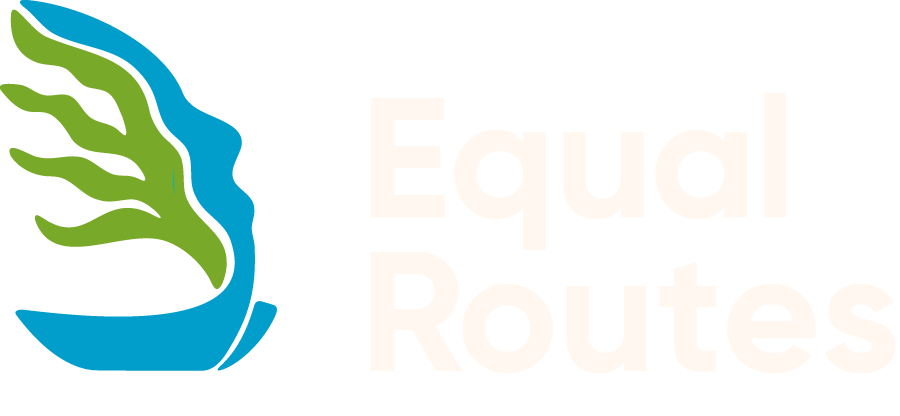Environmental groups urge Canada to lead after IMO delays vote on shipping emissions
Adjournment of discussions on adoption of Net-Zero Framework at the International Maritime Organization highlights critical need for Canadian leadership
LONDON, UK—Today, Oceans North, WWF-Canada, Equal Routes, and the Clean Arctic Alliance are calling on the Government of Canada to show strengthened resolve to reach agreement on shipping emissions at the International Maritime Organization (IMO) as well as a clear commitment to stronger actions domestically.
While Canada continued to voice support for the Net-Zero Framework on global shipping, a small group of countries at the IMO attempted to derail discussions. We are hugely disappointed that the result of this was to postpone the vote on the framework by one year. The Net-Zero Framework, while flawed, would provide a path forward to reduce emissions from the shipping sector around the world.
Brent Dancey, Director of Marine Climate Action at Oceans North: “This framework will provide a roadmap and incentives to reduce emissions from the shipping sector. Delaying its adoption creates uncertainty that will dampen innovation in the marine sector and is harmful to Indigenous and coastal communities that bear the direct impacts of climate change. Canada has an opportunity right now, however, to lead through diplomacy and with its own commitment to domestic actions that will help the sector reduce emissions. It’s important that Canada looks towards the future, not the past. Our country can create strong national regulations and clear incentives so that we can take advantage of the opportunity that decarbonization and electrification represent for the sector and economy.”
Andrew Dumbrille, Co-Director Equal Routes and Special Advisor to the Clean Arctic Alliance: “Delaying actions to reduce emissions from the marine shipping sector costs the climate — and coastal, Indigenous Peoples and Arctic communities are already paying the price for inaction. This week’s non-outcome at the IMO means that Canada and the marine sector should double down on related efforts to reduce the impacts from the triple planetary crisis. Implementing revised Carbon Intensity Indicator (CII) targets to improve efficiency of the global fleet; investing in wind to promote its scaling up; agreeing to comprehensive well-to-wake marine fuel guidelines which ensure all methane-based fuels aren't part of decarbonization pathways; and adopting mandatory measures in early 2026 at the IMO’s PPR13 committee to reduce black carbon from shipping emissions can all be moved on now to support the sector’s zero-by-2050 ambitions. Canada’s leadership and actions are needed now more than ever to mitigate the climate impacts of shipping in Canada, including in the Arctic.”
Sam Davin, Ph.D., Lead Specialist, Conservation and Shipping at WWF-Canada: “Nature cannot wait. A delay of the adoption of the IMO’s Net-Zero Framework (NZF) risks more emissions, more biodiversity loss, and more damage to our planet’s life-support systems. The formal adoption of the NZF has the potential to make shipping the first global sector with a regulated pathway to net zero. In the year ahead and beyond, Canada’s leadership is critical to ensuring the NZF is adopted and that its key elements are strengthened in line with climate science and in a way that is equitable and economically fair.”
In addition to adopting the Net-Zero Framework, some of the immediate steps Canada can take to improve its economic competitiveness and lower emissions from the shipping sector include:
• Requiring the implementation of shore power at Canadian ports, which would allow ships to plug into the local electrical grid while at berth, and
• Banning the use of scrubbers from the shipping sector to prioritize the reduction of black carbon and methane, both of which are potent short-lived super pollutants accelerating ocean warming and melting sea ice.
For more information, please contact:
Alex Tesar, Communications Director
Oceans North
atesar@oceansnorth.ca
Erin Saunders, Communications Specialist
WWF-Canada
esaunders@wwfcanada.org
Dave Walsh, Communications Advisor
Clean Arctic Alliance
dave.walsh@cleanarctic.org
Prashanna Pokharel, Communications and Administrative Coordinator
Equal Routes
prashanna@equalroutes.ca


